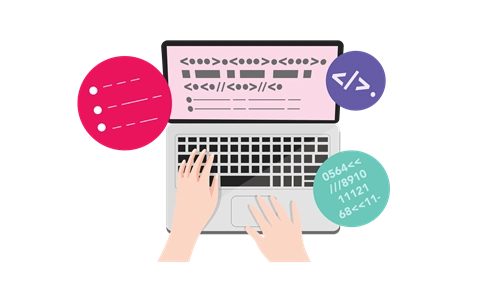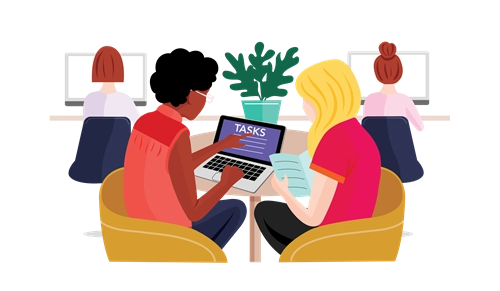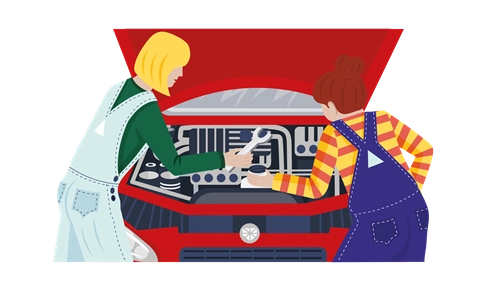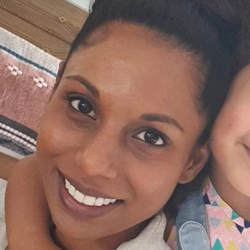Medical Scientists
Medical Scientists conduct medical laboratory tests to assist in the diagnosis, treatment and prevention of disease.
Fun facts
-
1792 Weekly Pay Before Tax
-
71% full-time Full-Time Share
-
71% female Gender Share
Tasks
There are many tasks done by medical scientists. A few are listed below:
- preparing tissue sections for microscopic examination
- examining and analysing samples to study the effects of microbial infections
- analysing samples of body tissue and fluids to develop techniques to aid in the diagnosis and treatment of diseases
- advising Medical Practitioners on the interpretation of tests and methods for use in the diagnosis and treatment of disease
- setting up the steps and rules of laboratory medical testing
- operating and maintaining laboratory equipment
- maintaining laboratory quality assurance and safety standards
- preparing scientific papers and reports
- studies the formation, early growth and development of living organisms
Specific occupations
- Medical Scientist
- Medical Scientific Officer
- Hospital Scientist
- IVF Embryologist
Women in STEM
![Lyn Beazley Web[1]](/media/fx4j0u1q/lyn-beazley-web-1.jpg?width=250&height=250&rnd=133509964750970000&format=webp&quality=100)
"At Oxford University there were 10 men for every woman student … I could see that getting gender balance makes a big difference."
Neuroscientist
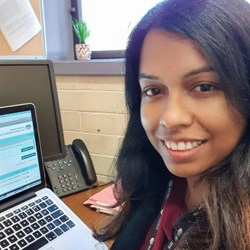
"As a neuroscientist, I conduct research into understanding how the brain is damaged during neurological disease."
NSW Health EMC Fellow
